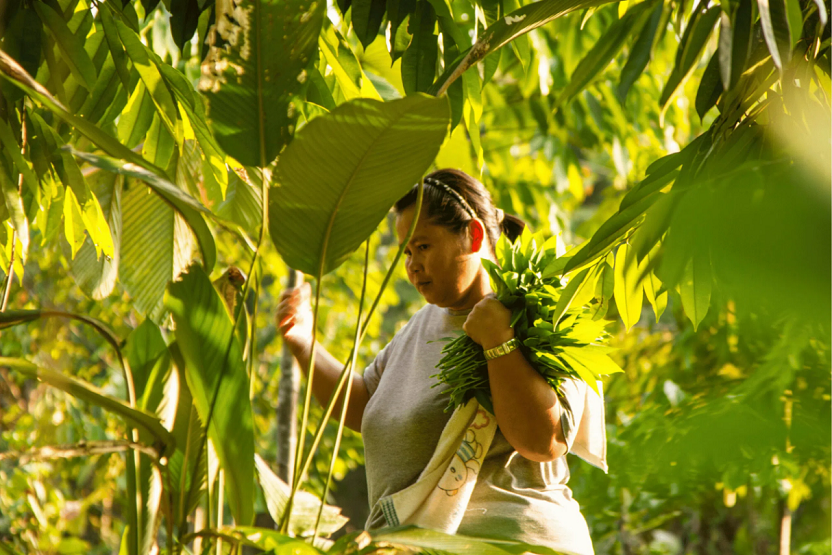The accelerating loss of biodiversity threatens global food security and highlights the structural flaws of industrial agriculture. According to Friends of the Earth International (2025), agroecology—rooted in traditional knowledge and community-based practices—is the only sustainable path that reconciles ecological resilience with food sovereignty. The upcoming 3rd Nyéléni Forum in Sri Lanka marks a key moment in advancing systemic change.

Biodiversity, the backbone of global food production, is collapsing at an alarming rate. Since the 1970s, wildlife populations have declined by 70%, a decline closely linked to the expansion of industrial agriculture. According to
Friends of the Earth International (2025), the only viable solution to halt biodiversity loss and secure sustainable food systems is a shift toward agroecology.
Agroecology builds on centuries of traditional knowledge maintained by peasants, Indigenous Peoples, local communities, and especially women. These communities have carefully cultivated and protected agricultural diversity, selecting seeds and crops that sustain both human and ecological health. Agroecological practices—such as crop rotation, polycultures, integrating trees with crops and livestock, and fostering balanced ecosystems—enhance biodiversity, improve soil fertility, and support natural processes like pollination and pest control. For communities, biodiversity is not just a resource; it represents a living relationship connecting people, land, and life.
Industrial agriculture, by contrast, drives biodiversity collapse. It relies on vast monocultures—soy, oil palm, wheat, maize—chemical inputs, and extensive land clearing. Only nine species now account for two-thirds of global crop production, eliminating genetic variability and leaving crops highly vulnerable to pests, diseases, and climate shocks. Habitat simplification reduces food and shelter for pollinators and other wildlife, while pesticides, herbicides, and synthetic fertilizers poison ecosystems and threaten human health. The widespread use of GMOs further jeopardizes genetic diversity and contaminates wild species. Across continents, agribusiness expansion has decimated forests, wetlands, savannahs, and tropical ecosystems, from the Amazon and Gran Chaco to Southeast Asia’s palm oil plantations, accelerating species extinction.
Ironically, industrial agriculture remains entirely dependent on the very biodiversity it destroys. Pollinators, soil microorganisms, and intact ecosystems are crucial for crop production, soil fertility, and climate regulation. Without these biological systems, industrial agriculture cannot sustain yields, even with synthetic inputs and mechanization. By undermining the resilience of ecosystems, agribusiness increases its own vulnerability while simultaneously threatening global food security.
Friends of the Earth International emphasizes that a fair and ecologically sound transition is urgent. Public funds and subsidies should be redirected from industrial agriculture, illegitimate land grants, and GMO research toward small-scale agroecological farming. Investments must support diverse, locally adapted crops, strengthen traditional practices, restore seed diversity, and regenerate soil health naturally. This approach simultaneously preserves biodiversity, respects local cultures, and secures sustainable food systems for future generations.
Change is already underway. Smallholder farmers and social movements are organizing to promote agroecology as part of a broader system change. The upcoming 3rd Nyéléni Forum in Sri Lanka (September 2025) will gather communities, social movements, and small-scale producers to build a coordinated global effort for food systems transformation. The initiative highlights the inseparable link between food production, biodiversity, climate stability, and social justice, advocating for a future where food sovereignty and ecological health go hand in hand.
Ultimately, agroecology is not merely an alternative agricultural method; it is a pathway toward ecological resilience, social equity, and long-term food security. Industrial agriculture, by contrast, cannot survive without the biodiversity it undermines. Protecting life on Earth and ensuring the right to food require a decisive move toward agroecological systems, led by and for the communities that depend on them (Friends of the Earth International, 2025).

Comment